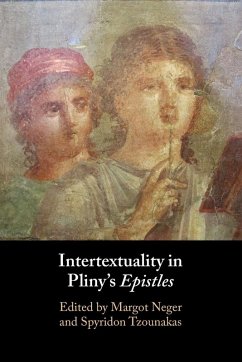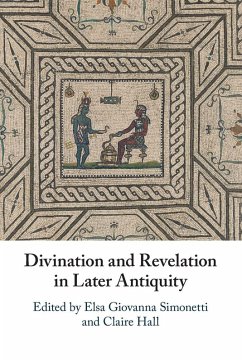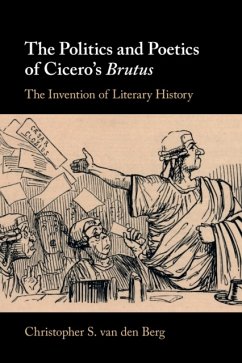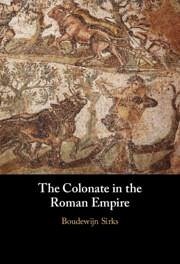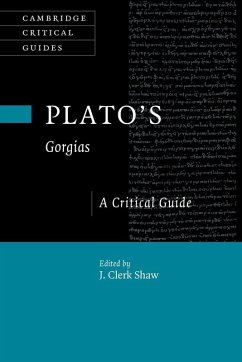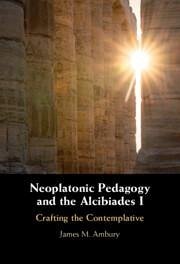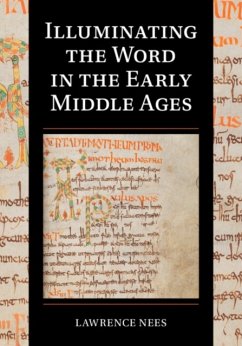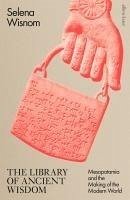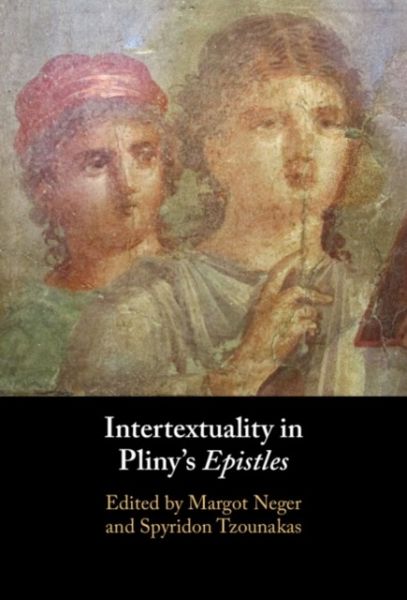
Intertextuality in Pliny's Epistles
Versandkostenfrei!
Versandfertig in über 4 Wochen
97,99 €
inkl. MwSt.
Weitere Ausgaben:

PAYBACK Punkte
49 °P sammeln!
Essential reading for anyone interested in the artistry of Pliny's Epistles and, more broadly, in Latin prose intertextuality, in the generic enrichment of Latin epistolography and in the literary and cultural interactions of the Imperial period. The book also serves as an advanced introduction to Latin prose poetics.





